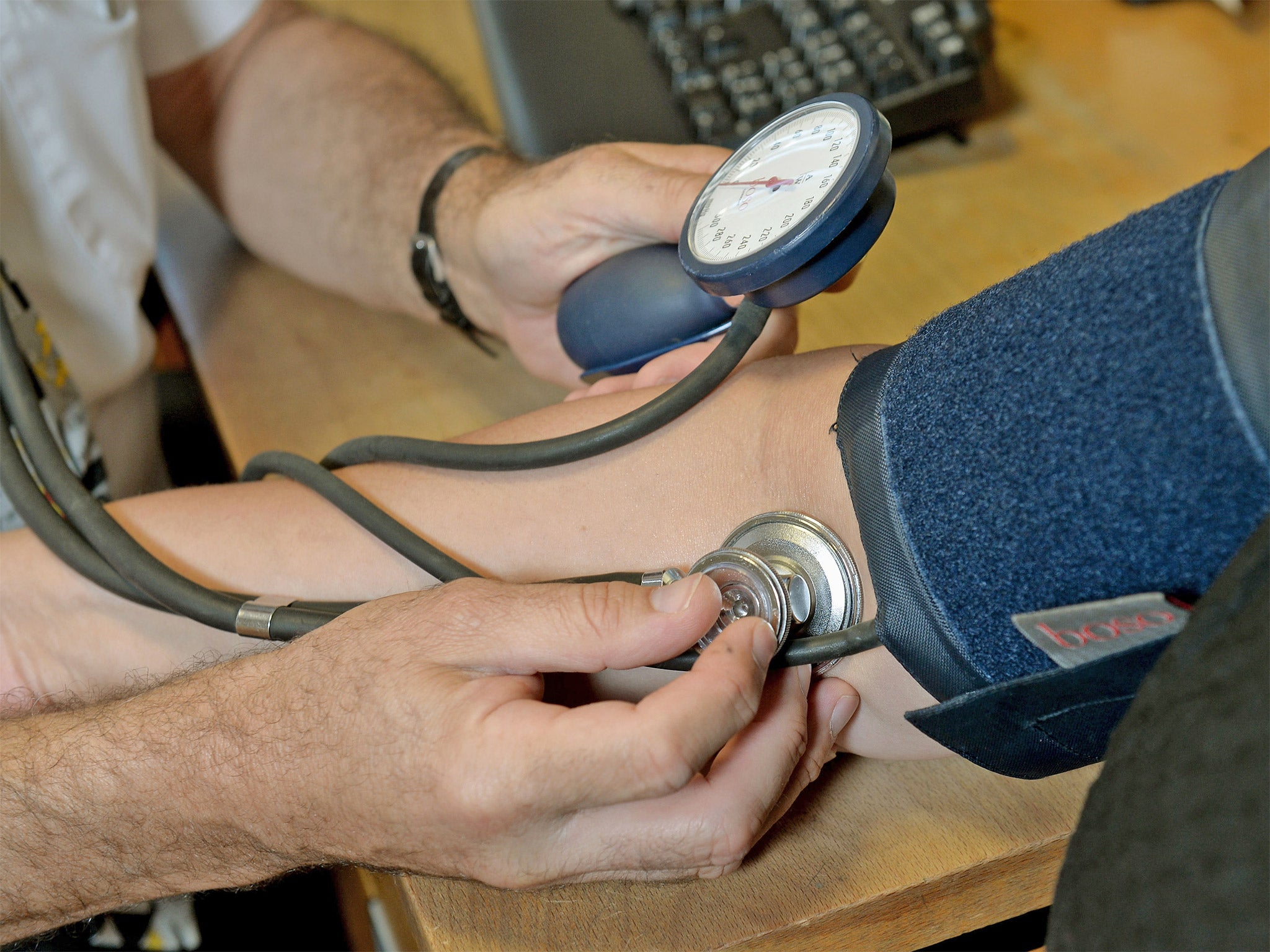GP blackspots: Old, rich and white people more likely to get appointment than young and less well-off, report finds
'Patients who are older, white or in a more affluent urban area get better access than anyone else'

Your support helps us to tell the story
From reproductive rights to climate change to Big Tech, The Independent is on the ground when the story is developing. Whether it's investigating the financials of Elon Musk's pro-Trump PAC or producing our latest documentary, 'The A Word', which shines a light on the American women fighting for reproductive rights, we know how important it is to parse out the facts from the messaging.
At such a critical moment in US history, we need reporters on the ground. Your donation allows us to keep sending journalists to speak to both sides of the story.
The Independent is trusted by Americans across the entire political spectrum. And unlike many other quality news outlets, we choose not to lock Americans out of our reporting and analysis with paywalls. We believe quality journalism should be available to everyone, paid for by those who can afford it.
Your support makes all the difference.Young people and the less well-off find it more difficult to get an appointment with a GP than older, whiter, richer people, according to a damning parliamentary report.
A growing shortage of doctors has been blamed on the Department of Health (DoH) and NHS England, which “failed” to ensure GP numbers kept pace with demand.
The Public Accounts Committee (PAC) called on the Government to set out plans to address the “looming crisis” in general practice and to introduce support for doctors who choose more “challenging” areas to work.
Patients’ ability to get an appointment with their GP has “consistently declined” in recent years, according to the Access to General Practice in England report, which also states there is an “unacceptable variation” in people’s experiences of getting and making appointments.
It concludes that access to GPs is too dependent on postcode and that “patients who are older, white or in a more affluent urban area get better access than anyone else”.
Professor Maureen Baker, chair of the Royal College of General Practitioners, told the committee during its investigation that, although some colleagues choose to work in “struggling areas” when they could get easier and better paid jobs elsewhere, there was nothing to encourage others who are “least interested” in taking up those roles.
Professor Baker blamed the failure to distribute the GP workforce fairly on the demise of the Medical Practitioners Committee 16 years ago, which she said had supported GPs and other primary care staff working in areas of greater deprivation.
Demand for general practice grew faster than capacity throughout the last decade. The number of consultations grew by 3.5 per cent on average each year, compared with two per cent annual growth in general practice staffing.
During that decade, the proportion of GPs aged 55 to 64 leaving the profession approximately doubled, and the proportion of younger GPs leaving also increased. There are now 370 million patient appointments a year – up 60 million on five years ago.
A GP in Hampshire told The Independent the situation was “relentless and getting worse”. He said: “By midday, I’ve seen or spoken to more than 30 patients, dealt with more than 50 prescription requests, looked at 40-odd letters from secondary care and will soon be going out on my home visits – which the media seem to think we don’t do any more.
“I will still be here after 7pm, seeing patients and doing paperwork. Unsurprisingly, the profession is demoralised and on its knees.”
The GP said he “agreed with every word” in the report, with the exception that young people find it difficult to get an appointment.
“In fact, one of our biggest challenges is the increasing demand from young patients who feel they need to see a GP at very short notice,” he said.
The committee said it expects the DoH, NHS England and Health Education England to act and report on a number of measures to address the problems by the end of this year. They include how they plan to reduce the number of GPs leaving the profession early, how to attract more GPs to return to practice, and how they will monitor progress.
A DoH spokesperson said: “We are taking wide-ranging action to improve GP access as part of our commitment to a safer, seven-day-a-week NHS. The number of GPs recruited rose last year and we will boost numbers with 10,000 new primary care staff by 2020.
Join our commenting forum
Join thought-provoking conversations, follow other Independent readers and see their replies
Comments